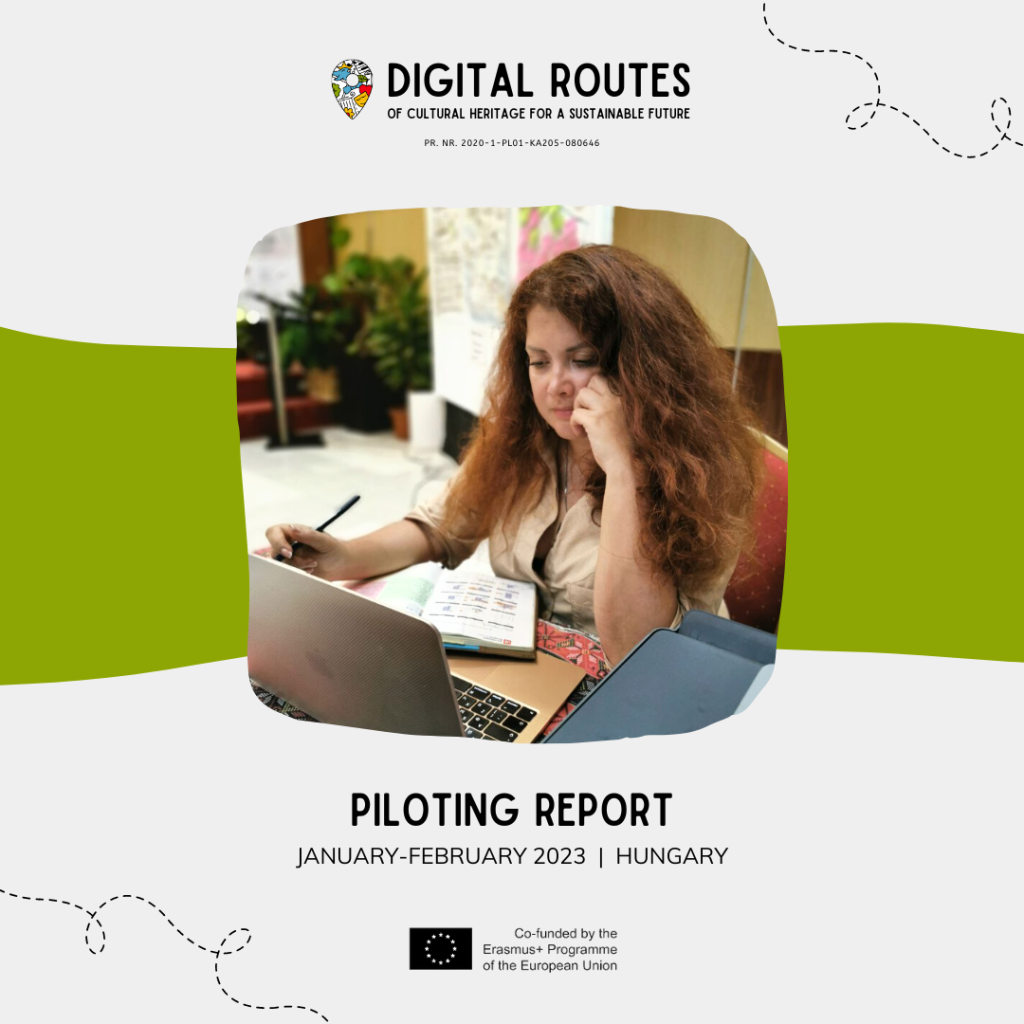In January – February 2023, TEIS organised their online piloting sessions for youth workers and educators.
The online testing took place online in the period from 5.01.2023 till 05.02.2023. We sent the participants links to the platforms and asked them to test them and provide feedback. We asked the participants to evaluate different aspects of the platforms, such as usability, user experience, and overall performance. The feedback was really helpful for us to understand the strengths and weaknesses of the platform.
During one of our trainings, we asked some participants to test the platforms. The participants were very engaged in testing the platform and gave us detailed feedback on their experience . Also, we have implemented the workshop on the topic of creativity , which is related to the education module that we developed for the platform. Our workshop was highly successful, as the participants expressed their enthusiasm for the educational module and provided useful ideas on how to improve it The results of our trainings were encouraging, and it was clear to us that the platform has great potential.

A participant in the TEIS training exploring the online platform.
In general, the participants have learned new tools and expressed their willingness to participate in similar projects. This willingness stems from the success of the project and its ability to create a sense of community and connection among participants “Ideas for digital roads about non-touristic places are very potent and useful,” according to the statement. The idea of creating a digital road about non-touristic places can bring people closer and make them aware of other important places that have been overlooked One of our participants was a guide, and she said that she could use the developed roads in her work.
The online course was also well received by the participants, with some intending to complete it entirely. The participants felt that the digital roads could be extremely helpful for people who are looking to explore places beyond tourist hotspots, as they can provide comprehensive information on non-touristic places that would otherwise go unnoticed Participants also stated that the platforms have some limitations and could be expanded to include a greater variety of tools and instruments. The participants agreed that the online course and digital roads have a great potential to improve accessibility and ease navigation in more rural, less-explored parts of the world.


Online testing sessions, hosted by TEIS.
![]() DigitalRoutes@Culture (2020-1-PL01-KA205-080646) is co-funded by the Erasmus+ Programme of the European Union.
DigitalRoutes@Culture (2020-1-PL01-KA205-080646) is co-funded by the Erasmus+ Programme of the European Union.

